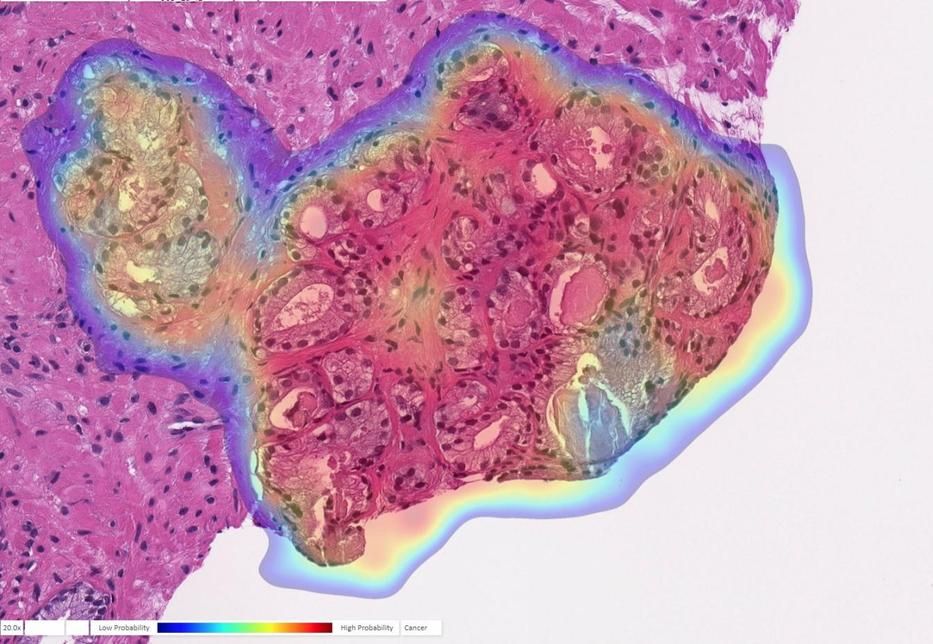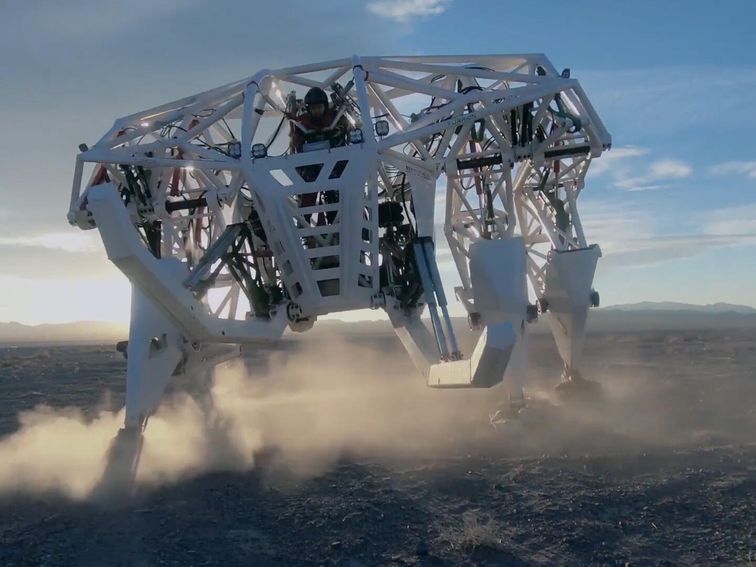How 25 dice in A box solve the secure password conundrum—introducing dicekeys
Old Facebook is going away; long live New Facebook, a redesign that will soon become permanent. Facebook has been taking to, well, Facebook, to warn its users that the old-school look will disappear in September. And unlike the current test of “New Facebook,” there will be no way to switch back if you’re not a fan.
Researchers link end of Green Sahara with Southeast Asia megadrought.
Physical evidence found in caves in Laos helps tell a story about a connection between the end of the Green Sahara — when once heavily vegetated Northern Africa became a hyper-arid landscape — and a previously unknown megadrought that crippled Southeast Asia 4,000 to 5,000 years ago.
In a paper published today in Nature Communications, scientists at the University of California, Irvine, the University of Pennsylvania, William Paterson University of New Jersey and other international institutions explain how this major climate transformation led to a shift in human settlement patterns in Southeast Asia, which is now inhabited by more than 600 million people.
If artificial intelligence can replace some highly specialized medical doctors, is any job safe? It appears the biomedical profession is ripe for an overhaul.
“We have for the first time used deep learning to find disease-related genes. This is a very powerful method in the analysis of huge amounts of biological information, or ‘big data’,” said Sanjiv Dwivedi, first author of the newly published research.
Molecular engineers at the University of Chicago have found a way to extend the quantum state of a qubit to 22 milliseconds, representing a huge improvement and a window some say will make quantum computers far more feasible. The secret is an alternating magnetic field, which they say is scientifically “intricate” but easy to apply.
🤯 You like quantum. So do we. Let’s nerd out over it together.
It can lift a car or tow a truck, but the ultimate goal is to make mech racing a sport.
Germany is about to become the latest country to trial a universal basic income, starting a three-year study of how it affects the economy and recipients’ well-being.
As part of the study, 120 people will receive €1,200, or about $1,430, each month for three years — an amount just above Germany’s poverty line — and researchers will compare their experiences with another group of 1,380 people who will not receive the payments.
The study, conducted by the German Institute for Economic Research, has been funded by 140,000 private donations.
Window Glass can be coated with organic solar panels and generate electricity. Do we have to start liking them?
The internet has transformed most areas of our lives over the last few decades, and the technology keeps improving: researchers just set a new record for data transmission rates, logging an incredible speed of 178 terabits per second (Tbps).
That’s around a fifth faster than the previous record, set by a team of researchers in Japan, and roughly twice as fast as the best internet available today.
With 4K movies about 15GB in size, you could download about 1,500 of them in a single second at the new speed.









